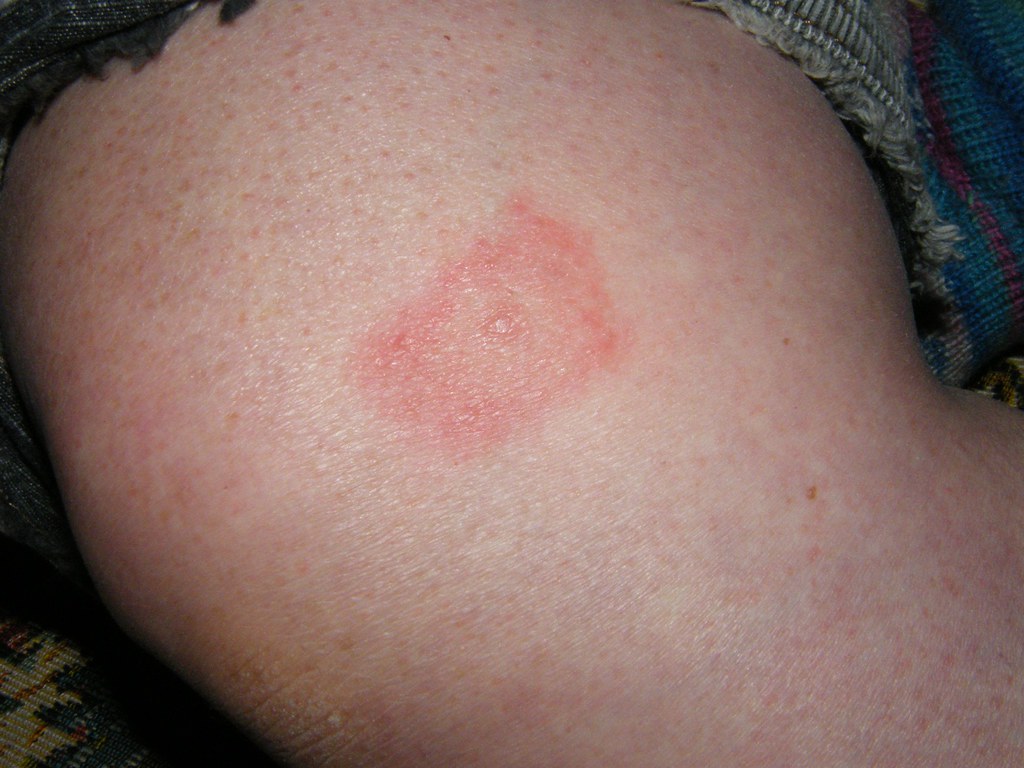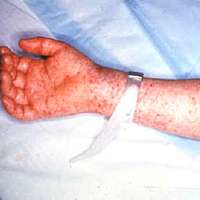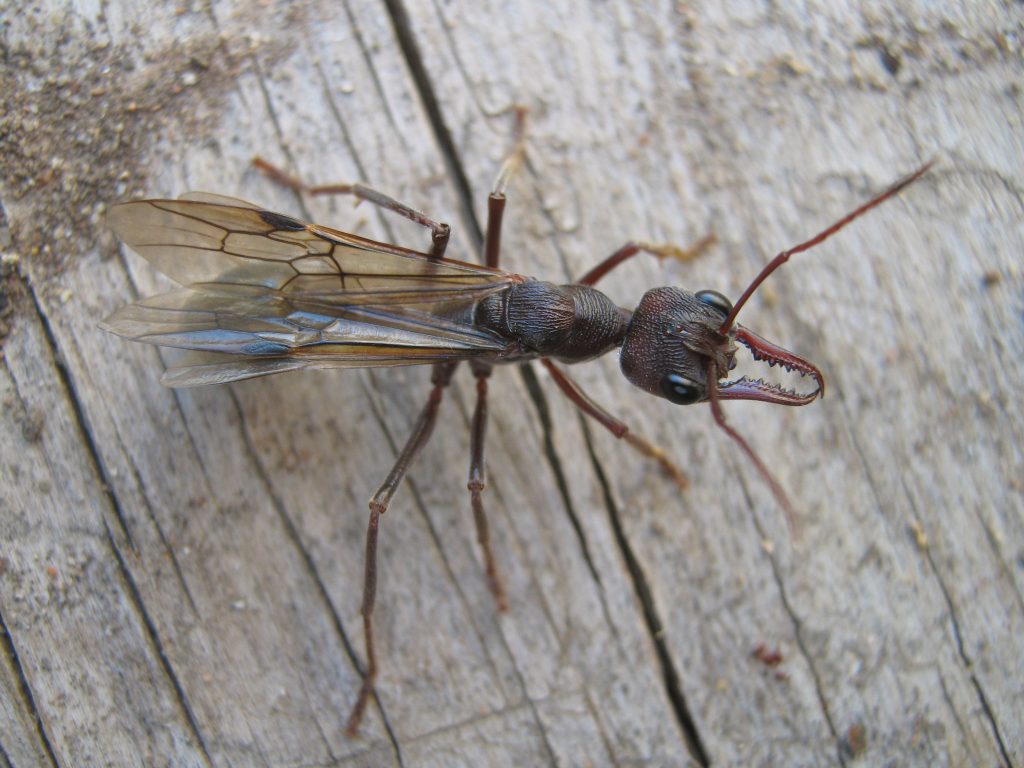Beside being annoying pests; they are carriers of numerous diseases that can affect both humans and animals. Knowing which diseases ticks can transmit, the types of ticks responsible, and how long ticks need to be attached to transmit these diseases is crucial for safeguarding your health and that of your pets.


Lyme Disease
Lyme disease is the one of the most common tick-borne illness, predominantly spread by black-legged ticks, also known as deer ticks.Which ticks carry Lyme disease?
In the United States, the black-legged tick in the Northeast and Midwest carry Lyme disease. The western black-legged tick is the main transmitter along the Pacific Coast. These ticks thrive in wooded and grassy regions where they latch onto hosts such as deer, rodents, and humans. For Lyme disease transmission to occur, a tick must remain attached to its host for a considerable duration.How long do ticks need to be attached to transmit disease?
Generally, for Lyme disease, a tick must be attached for 36 to 48 hours to pass on the bacteria Borrelia burgdorferi.
Anaplasmosis and Ehrlichiosis
Anaplasmosis and Ehrlichiosis are two other significant tick-borne diseases that can be confused with Lyme disease due to overlapping symptoms such as fever, headache, and muscle pain. Anaplasmosis is typically transmitted by the same ticks that spread Lyme disease, while Ehrlichiosis is mainly spread by the lone star tick, common in the southeastern and south-central U.S. These diseases also require quick medical intervention, especially if symptoms appear following a tick bite. As with Lyme disease, the risk of infection increases the longer a tick is attached.Rocky Mountain Spotted Fever
Rocky Mountain spotted fever (RMSF) is a potentially life-threatening illness caused by the bacterium Rickettsia rickettsii. It is transmitted by ticks like the American dog tick, Rocky Mountain wood tick (Dermacentor andersoni), and brown dog tick (Rhipicephalus sanguineus). Unlike Lyme disease, RMSF can be transmitted more rapidly, sometimes within hours of tick attachment. Initial symptoms of RMSF include fever, rash, headache, and nausea, which can escalate quickly if not treated. Prompt antibiotic treatment is essential to prevent serious health complications, including damage to internal organs.
Babesiosis
The parasites that infect red blood cells cause Babesiosis. It is transmitted primarily by the black-legged tick. This disease occurs in the same regions where Lyme disease is common. Its symptoms are mild to severe, including fever, chills, and muscle aches, with severe cases being a huge risk to individuals with weakened immune systems. As with other tick-borne diseases, the risk of babesiosis increases with the length of time a tick remains attached. Early detection and removal of ticks are key to lowering the risk of transmission. Myths and Facts About Tick-Borne Diseases| Myth | Fact |
| All tick species are capable of spreading Lyme disease. | Only certain species, like the black-legged tick, are known to carry Lyme disease. |
| Ticks transmit diseases immediately after attaching. | Most ticks need to be attached for several hours before they can transmit diseases. |
| You will always feel a tick bite. | Tick bites are often painless, making them hard to notice. |
| Ticks are only a threat during summer. | Ticks can cause harm throughout the year in some areas. |
| Removing a tick instantly stops disease transmission. | Prompt removal reduces the risk, but transmission may still occur if the tick has been attached long enough. |





